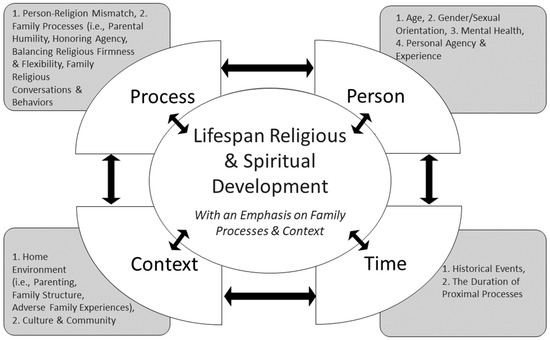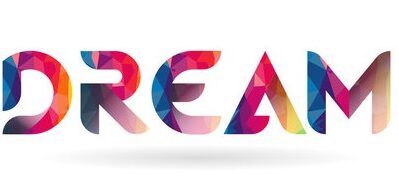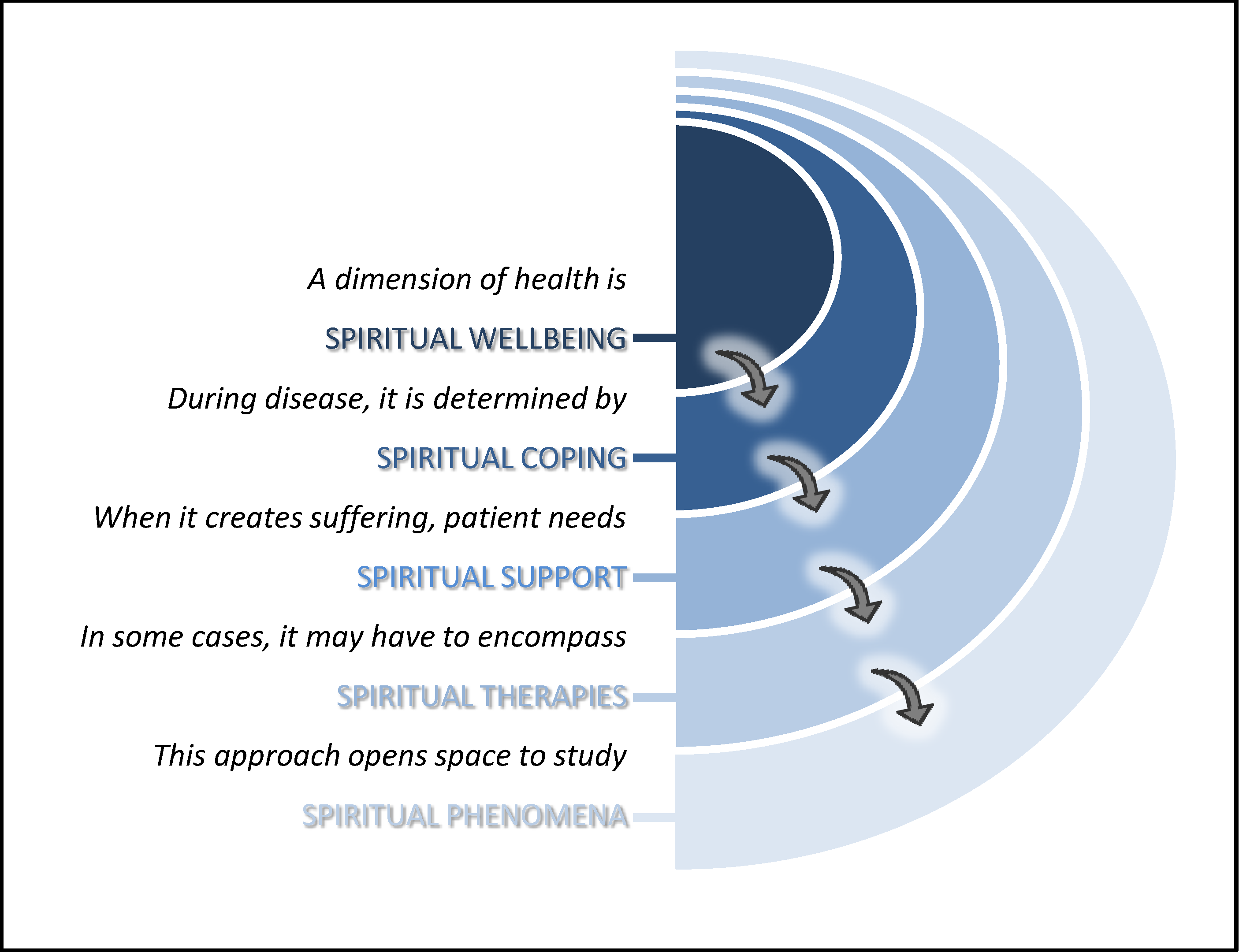Dreams have long intrigued and mystified humanity, serving as a bridge between the conscious and unconscious realms of the mind. Throughout history, various religions and spiritual traditions have attributed profound meanings to dreams, believing them to be a divine channel for spiritual growth and guidance. This article delves into the intersection of religion and dream psychology, unraveling the insights that dreams offer for the enrichment of one’s spiritual journey.
The History of Dreams in Religious Contexts
Since ancient times, dreams have been an integral part of religious beliefs and practices across cultures.
Ancient Beliefs and Interpretations of Dreams in Different Religions
In Egyptian mythology and religion, dreams were considered divine messages and foretellers of the future. Dream interpreters played a significant role in guiding Pharaohs and their subjects through visions received during sleep. Similarly, in ancient Greek religion, dream divination was prominent, with the god Apollo being revered as the sender of prophetic dreams.
In Abrahamic faiths such as Christianity, Judaism, and Islam, dreams are often associated with divine revelations. For instance, the biblical story of Joseph interpreting Pharaoh’s dreams in Egypt and the Islamic tradition of Prophet Muhammad receiving revelations in dreams both highlight the spiritual significance of dreaming in these religions.
Role of Dreams in Eastern Religions and Philosophies
Eastern religious and philosophical traditions also emphasize the importance of dreams in spiritual exploration.
In Tibetan Buddhism, dream yoga is a practice that involves training the mind to maintain awareness during dreams, allowing for spiritual insights and the realization of one’s true nature.
Hinduism recognizes the power of dream incubation, where individuals seek guidance and solutions to problems through focused dreaming and interpretation of dream symbols.
Daoist traditions in China view dreaming as a means of connecting with the cosmic flow and seeking harmony with nature.
The Psychological Dimensions of Dreams
As modern psychology emerged, scholars like Freud and Jung explored the symbolic and psychological aspects of dreams.
Freudian Interpretation of Dreams and Its Critiques
Sigmund Freud, the father of psychoanalysis, believed that dreams were expressions of repressed desires and unconscious conflicts. While his theories sparked significant interest, many critics questioned the universality of his interpretations and the limited scope of his dream analysis.
Jungian Archetypes and Symbols in Dreams
Carl Jung introduced the concept of archetypes and symbols in dreams, proposing that dreams provide insights into the collective unconscious. Jungian dream analysis explores how dream images connect to deep-seated human experiences and emotions.
Modern Dream Psychology and Neuroscientific Perspectives
Contemporary research on dreams combines psychological and neuroscientific approaches to understand the cognitive processes involved in dreaming. Studies suggest that dreams play a role in memory consolidation, emotional regulation, and problem-solving.
Connection Between Dreams and the Subconscious Mind
Dreams offer a unique window into the subconscious mind, where unresolved emotions, memories, and thoughts may manifest symbolically. Exploring these subconscious elements can lead to personal growth and self-awareness.
Dreams as a Channel for Spiritual Insights
Many religious believers consider dreams to be divine communication and a source of spiritual guidance.
Dreams as a Means of Divine Communication
In various religious traditions, dreams are seen as a way for the divine to communicate with individuals. Through symbols, visions, and messages, believers receive guidance, warnings, and comfort.
Dream Visitation and Messages from Deceased Loved Ones
Some people report experiencing dreams where deceased loved ones appear to communicate with them. These dreams are often perceived as a way for the deceased to offer reassurance or convey unresolved emotions.
Dreams as a Source of Spiritual Guidance and Revelation
For those on a spiritual quest, dreams can offer profound insights and revelations about their purpose, life’s direction, and spiritual growth.
The Relationship Between Dreaming and Personal Transformation
Dreams can act as catalysts for personal transformation, prompting individuals to confront their fears, embrace their true selves, and embark on journeys of self-discovery.
Lucid Dreaming: Bridging the Gap Between Worlds
Lucid dreaming, a unique phenomenon where the dreamer becomes aware of dreaming within the dream, holds significant potential for spiritual exploration.
Understanding Lucid Dreams and Their Unique Characteristics

Lucid dreams enable individuals to actively participate in their dream experiences, leading to heightened self-awareness and control over dream content.
Lucid Dreaming in Indigenous Spiritual Practices
Indigenous cultures have practiced lucid dreaming as a means of connecting with ancestral spirits, seeking guidance, and receiving healing insights.
Using Lucid Dreaming for Spiritual Growth and Self-Discovery
Practitioners can utilize lucid dreaming to explore the depths of their psyche, confront fears, and foster a sense of spiritual awakening.
Rituals, Ceremonies, and Dream Induction
Various religious and spiritual traditions incorporate rituals and practices to induce meaningful dreams.
Dream Incubation Rituals in Different Religious Traditions
Throughout history, cultures have engaged in dream incubation rituals, where seekers prepare themselves for meaningful dreams by fasting, prayer, or meditation.
Shamanic Dreaming: Journeying into the Spirit World
Shamans in many cultures use dreams as a gateway to the spirit world, seeking insights, healing, and guidance for their communities.
Contemporary Practices for Enhancing Dream Recall and Interpretation
Today, various workshops and techniques focus on improving dream recall and interpretation, fostering a deeper connection between dreams and spiritual growth.
The Moral and Ethical Implications of Dream Content
As dreams can be both inspiring and distressing, understanding their moral and ethical implications is essential.
Dealing with Disturbing or Nightmarish Dreams
When individuals experience distressing dreams, they may grapple with questions about their meaning and emotional impact. Seeking support from religious figures, therapists, or dream groups can provide valuable perspectives.
Interpreting Moral Lessons and Ethical Dilemmas in Dreams
Sometimes, dreams present moral dilemmas that challenge an individual’s values and beliefs. Analyzing these dreams can lead to personal growth and ethical reflection.
Ethical Considerations Regarding Sharing or Acting on Dream Insights
Individuals may question whether to share or act upon insights gained from dreams. Considering the potential impact on others and aligning such insights with personal values is crucial.
Case Studies and Testimonials
Real-life experiences shed light on the transformative power of dreams in spiritual growth.
Personal Stories of Spiritual Growth Through Dream Experiences
Individuals from diverse backgrounds share how their dreams have played a pivotal role in their spiritual development.
Analyzing Historic Figures and Mystics’ Dreams
Examining the dream experiences of historical figures and mystics offers valuable insights into the profound impact of dreams on their spiritual journeys.
Scientific Studies on the Intersection of Religion and Dream Psychology
Researchers have explored the link between religious beliefs and dream experiences, revealing intriguing findings on the spiritual dimensions of dreaming.
Dream Practices for Nurturing Spiritual Growth
Practical approaches to integrate dreams into one’s spiritual path.
Keeping a Dream Journal: Recording and Reflecting on Dreams
By maintaining a dream journal, individuals can capture and analyze dream content, identifying recurring themes and symbols that offer valuable spiritual insights.
Meditation and Visualization Techniques for Dream Enhancement
Through meditation and visualization, individuals can prepare their minds for more profound dream experiences and increased lucidity during dreaming.
Combining Prayer and Dreamwork for Spiritual Exploration
Integrating prayer with dreamwork can foster a deeper connection to the divine realm, inviting meaningful dream experiences and spiritual revelations.
Contemporary Perspectives on Dreaming and Spirituality
Modern spiritual movements embrace dreams as potent tools for transformation.
The Role of Dreams in Modern Spiritual Movements
Today, various spiritual communities acknowledge the significance of dreams and incorporate dreamwork into their practices.
Dream Workshops, Retreats, and Their Impact on Spiritual Development
Organizations and retreats dedicated to dream exploration offer participants a space to delve into the spiritual dimensions of dreams, nurturing personal growth and communal understanding.
Dream Communities and Online Forums: Sharing Insights and Support
Online dream communities provide a platform for dream enthusiasts to share experiences, seek guidance, and find support on their spiritual journey.
Conclusion
Through millennia of human history, dreams have been revered, analyzed, and cherished as gateways to the spiritual realm. The confluence of religion and dream psychology has illuminated the profound interplay between our innermost beliefs, subconscious minds, and the cosmic forces that shape our existence. Embracing ththeir explanatione sacred journey of dreaming can unlock the potential for spiritual growth, providing a roadmap for seekers to traverse the labyrinth of the soul.

Greetings, dear dreamers and seekers of emotional and spiritual healing. I am Aria Blake, a passionate and dedicated professional psychologist…More

